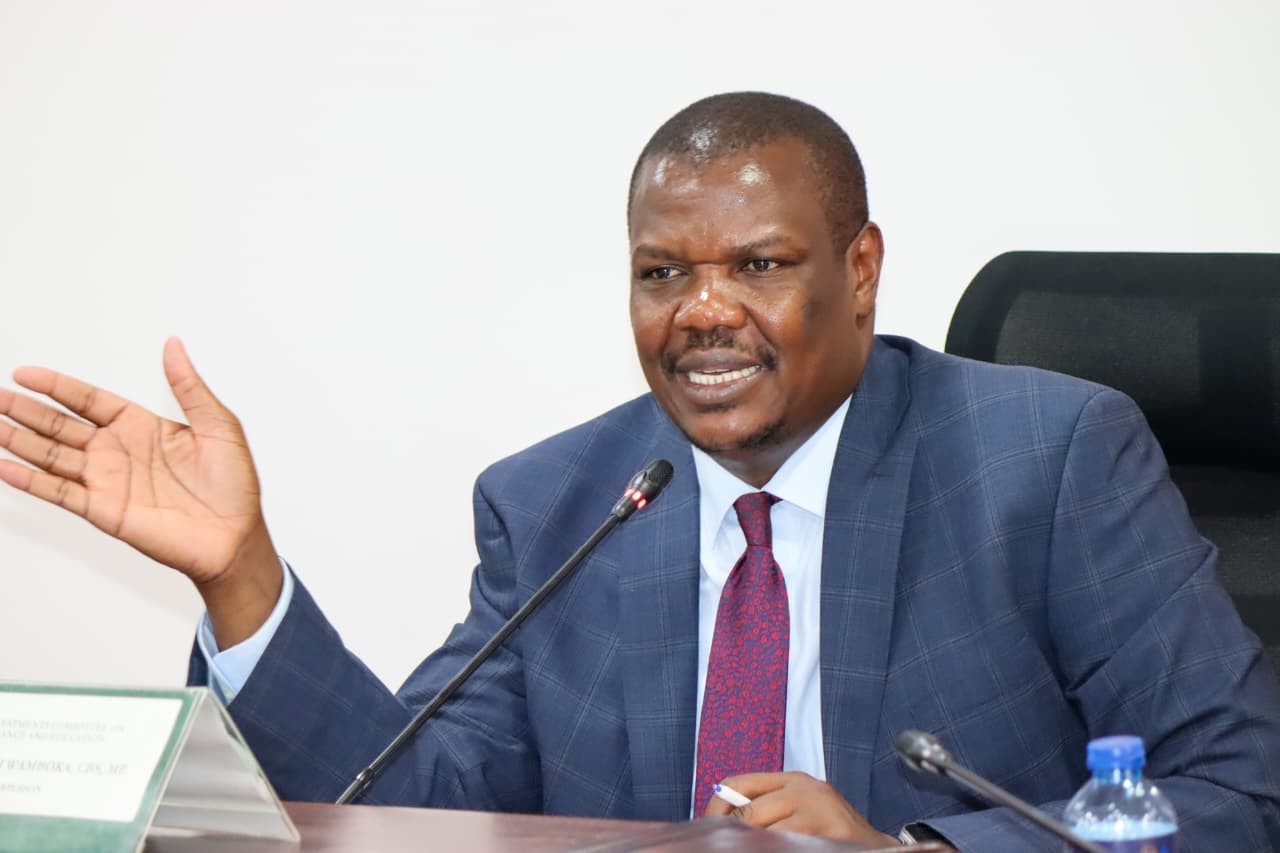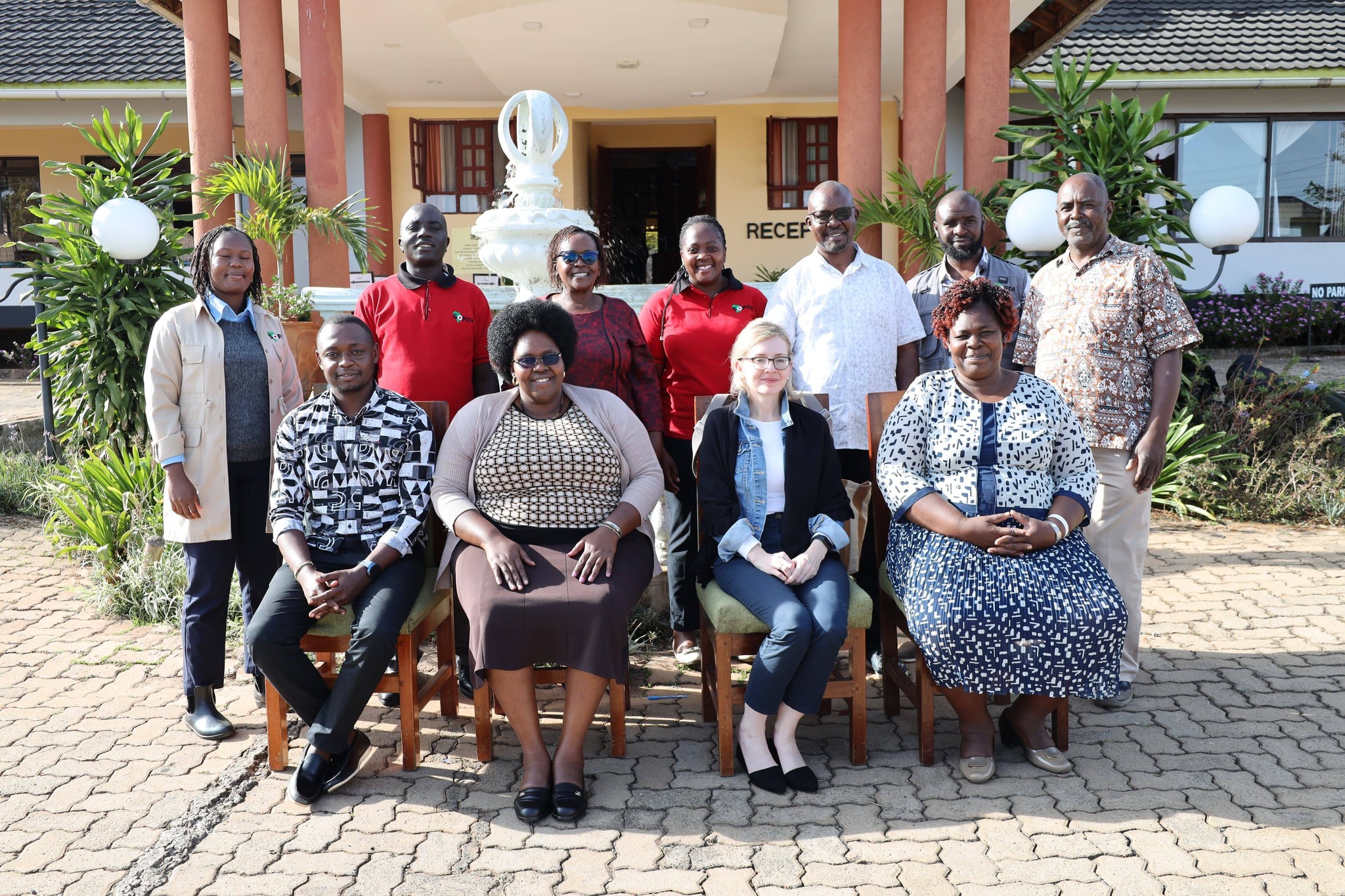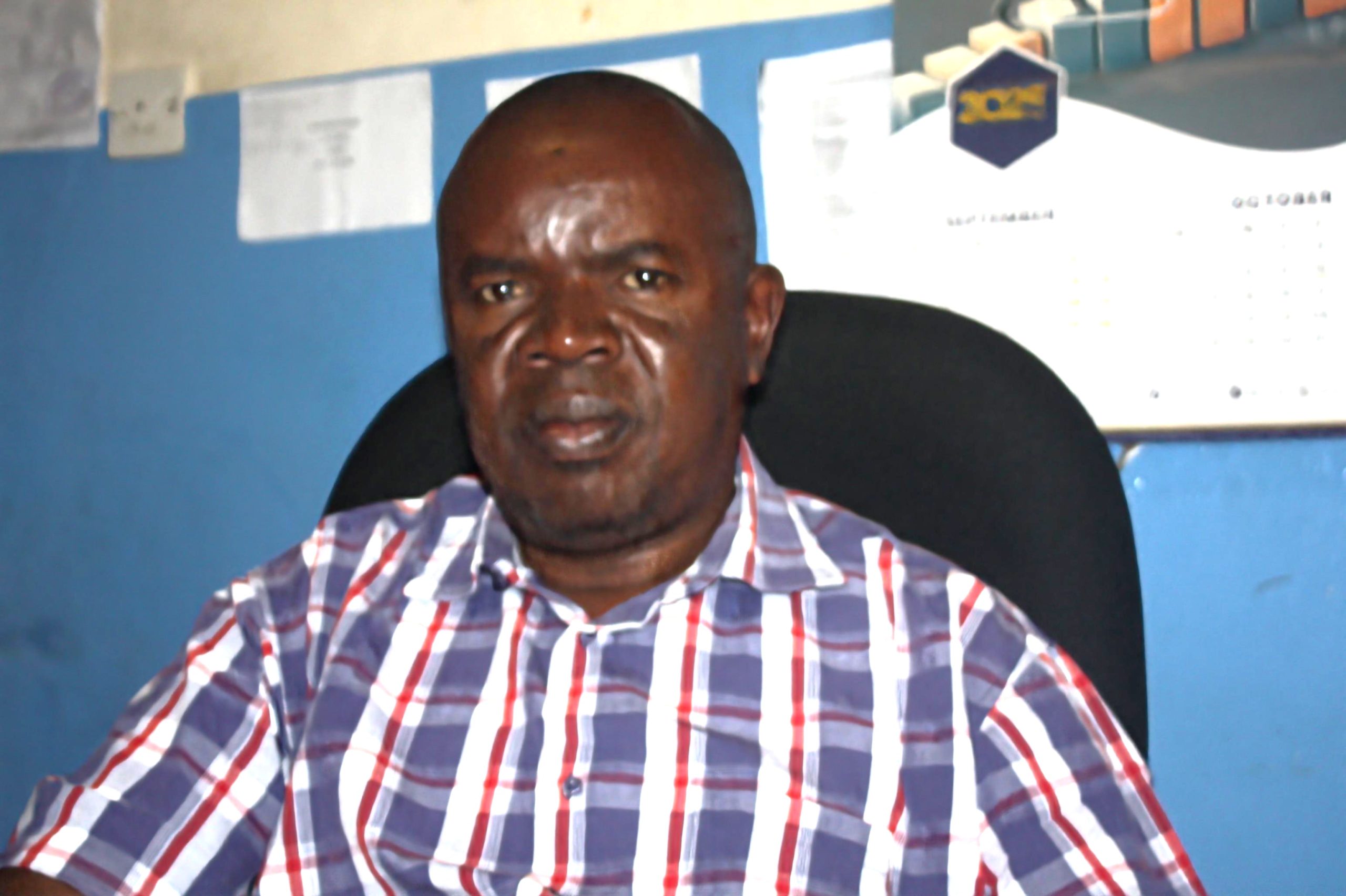The Members of Parliament have supported the push by Junior Secondary School teachers for administrative independence, urging the government to urgently address the concerns raised by the tutors.
Bumula MP Jack Wamboka who presented the issue in the National Assembly, prompting the Education Committee, chaired by Tinderet MP Julius Melly to respond, said the autonomy call risks creating confusion in the new Competency-Based Curriculum (CBC) structure if not addressed early.
“There are serious concerns regarding the leadership and management of Junior Secondary Schools. If unaddressed, these issues threaten both the teaching profession and learners’ future under the CBC system,” Wamboka said.
He pointed to conflicting structural models: the 2-6-6-3 framework recognising Junior school as a distinct stage, and the 2-9-3-3 model outlined in Sessional Paper No.2 of 2024. “This inconsistency has generated uncertainty, mistrust, and tension between primary and Junior school teachers,” he added.
ALSO READ:
Junior school teachers argue that the current arrangement under primary school administration limits their professional autonomy, hinders career progression, and undermines recognition.
They have also raised concerns about poorly equipped laboratories and the pending confirmation of 20,000 intern teachers. The Education Committee is expected to outline measures by the Ministry of Education and Teachers Service Commission (TSC) to address leadership and management challenges, confirm interns, and expedite the employment of P1 teachers, some of whom have remained unemployed since 2006.
The Kenya Association of Junior School Teachers, KUPPET, and over 50,000 tutors continue to demand recognition of Junior school as a separate tier; citing benefits for administration, career progression, and clarity in financial management.
By Juma Ndigo
You can also follow our social media pages on Twitter: Education News KE and Facebook: Education News Newspaper for timely updates.
>>> Click here to stay up-to-date with trending regional stories
>>> Click here to read more informed opinions on the country’s education landscape






